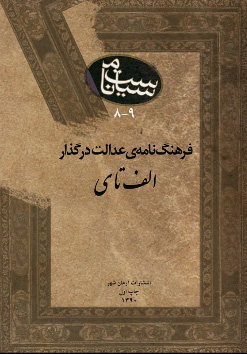Although the global trend towards abolition remained strong, 2012 saw a disappointing resumption of executions in a number of countries, notably Gambia, India, Japan and Pakistan.
Gambia ended a near 30-year hiatus in August, when nine people were put to death in one day. India carried out its first execution since 2004, hanging Mumbai lone surviving gunman Ajmal Kasab on 21 November. Japan also resumed executions, reversing a 20-month freeze. However, overall, use of the death penalty was restricted to an isolated group of countries. The total number of confirmed executions – ۶۸۲ – was virtually unchanged from 2011. This figure excludes the thousands of executions that were carried out in China, where accurate information on the death penalty is still impossible to obtain.
Twenty-one countries carried out executions in 2011, compared to 28 a decade ago. Once again, China, Iran, Iraq, Saudi Arabia and the USA were the five biggest executioners in the world.
Positive moves
۲۰۱۲ also saw some positive developments. A number of countries which had consistently executed in previous years, such as Viet Nam, did not carry out any death sentences in 2012. .
In July, Singapore suspended all executions until new legislation to reduce the use of mandatory death sentences for mostly drug-related crimes could be implemented.
Benin and Mongolia both ratified, and Madagascar signed, a key UN treaty aimed at abolishing the death penalty.
In the USA, only nine states carried out executions, compared to 13 states in 2011.
The number of countries where death sentences were imposed fell from 63 to 58.
Latvia became the 97th country worldwide to abolish the death penalty for all crimes. A total of 140 countries worldwide have abolished the death penalty in law or in practice.

